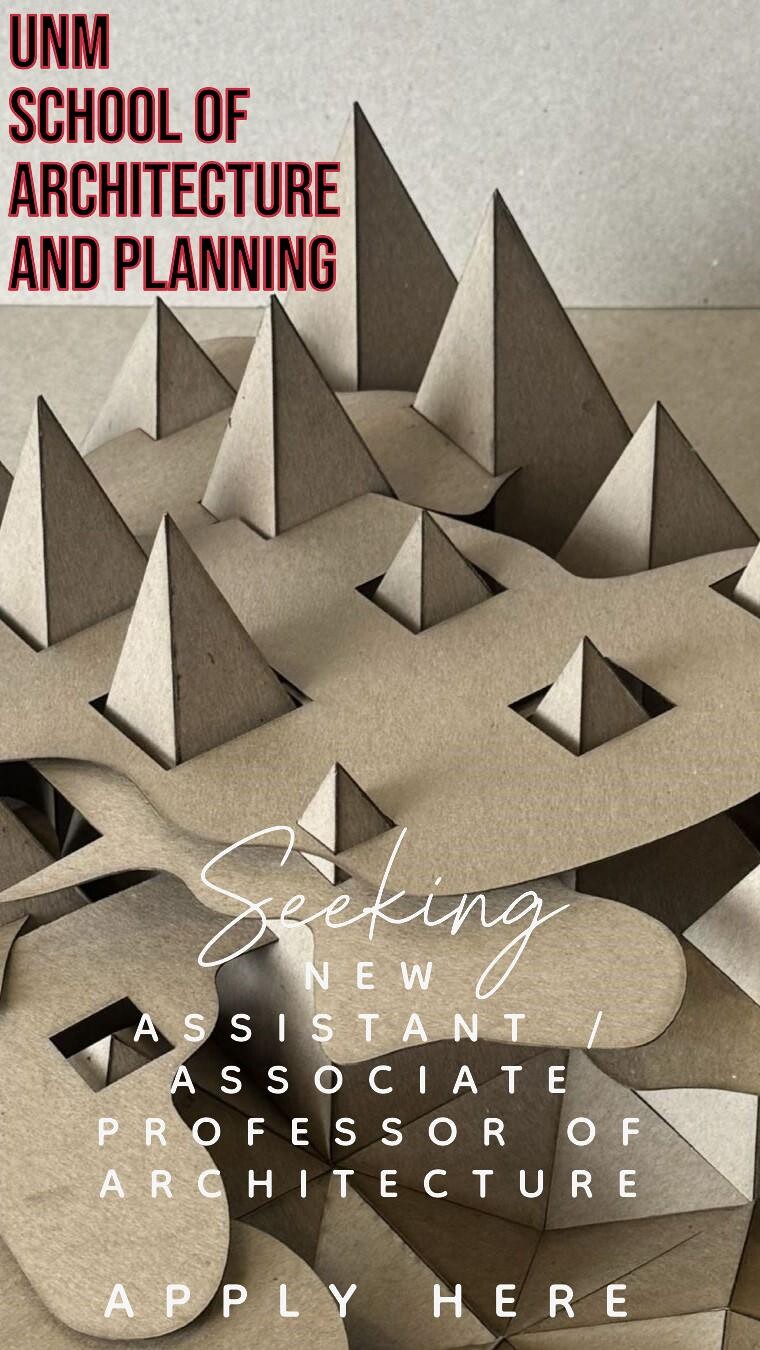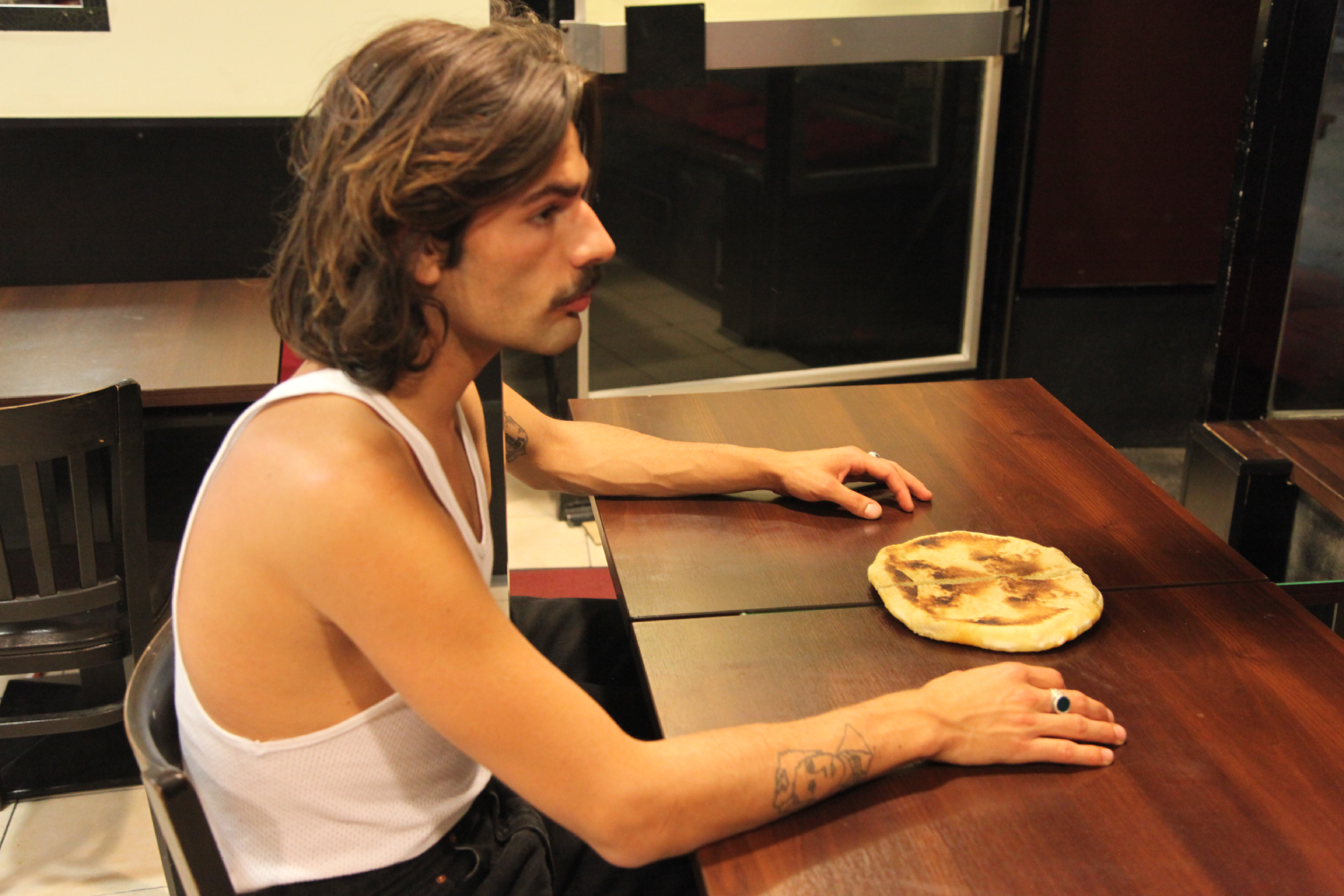April 3–July 12, 2020
Irreparáveis Reparos [Irreparable Repairs] the first exhibition in Brazil by French-Algerian artist Kader Attia (Seine-Saint-Denis, France, 1970), opens April 2 at Sesc Pompeia, in São Paulo. Curated by Carolin Köchling and supported by Goethe-Institut, the show explores correlations between cultures and the development of individual and collective memories, while also pointing to Attia’s involvement with the effects of material and immaterial traumas in the social sphere.
His research dialogues intensely with the objectual world of traditional societies and considers the temporal traces accompanying these artifacts. His production moreover investigates the notions of social repair in regard to the impact of Western colonial processes. It thus extends the idea of repair as a possible constant in social dynamics, a procedure that can re-signify culture itself based on the mechanisms of re-appropriation and transformation. In light of the historical and modern violences worldwide, the artist observes and experiments with material and symbolic reelaborations that can contribute to the course of humanity.
The exhibition at Sesc Pompeia gathers artworks from different moments of his production. It features works such as The Landing Strip (2000–2002), which portrays a group of transgender Algerian immigrants living in Paris in the late 1990s and early 2000s. The work problematizes the issue of countering cultural configurations that evidence politics of intolerance. Another emblematic work in the show is the installation J’accuse (2016). Inspired by the injured faces of soldiers from World War I, wooden busts are arranged in front of Abel Gance’s eponymous film from 1938, featuring actual veterans.
Also featured in the show is Réfléchir la Mémoire / Reflecting Memory (2016), a video that was awarded the Prix Marcel Duchamp. This filmic poem presents interviews with surgeons, neurologists and psychoanalysts on the phenomenon of the “phantom limb,” the sensation that a missing part still remains connected to the body following physical amputation. The most likely cause of this condition can be located in the so-called “mirror neurons” that release impulses in response to mimetic desire (René Girard) and are specific to human beings. Beyond the scientific and political relevance of this inquiry, the work offers a journey through mimetic and hybrid phenomena such as dub music (a genre that originated in Jamaica and is based on the subtraction of sounds). Referencing both intimate and collective injuries, material and immaterial symptoms, the film expands beyond physical and individual amputation, harking back to the ghosts of contemporary history (slavery, colonialism, communism, and genocide) and their demands for repair.
The mirror is also an important element in Attia’s work, observable in works such as Chaos + Repair = Universe (2016), a spherical sculpture formed by shards of broken mirrors sewn together with metal wires. In it, however, the dazzling reflection is hidden within the sphere itself and becomes invisible to the spectator. For its part, Repaired Broken Mirror (2013–2019), a series of sculptures likewise made of stitched-together broken mirrors—with one piece present at the exhibit—calls attention to the real and metaphoric presence of a scar. Last but not least, it is worth noting the new installation alluding to the fire that decimated the historical collection of the Museu Nacional do Rio de Janeiro, a work that sheds light on the fragility of the permanence of cultural objects.
By counterposing physical and emotional, individual and collective pain, circumscribed traumas and traumas already suffused in the chain of history, Attia presents a wide-ranging analysis on the way we face our crises and on how we can approach contemporary conflicts. Moreover, coupled with the decolonial discussions and the revision of the discourses and hegemonic narratives, his production is engaged in the debates on migrations, multiculturalism, and aspects of gender and identity.
Throughout the 20 years of his production, the artist has garnered great importance in the current contemporary art scene, presenting his work in international exhibitions such as the documenta in Kassel and the Venice Biennale. Kader Attia stimulates reflection dedicated to observing the crossings that culture undergoes through time and understands the power of the (irreparable) processes of reparation in regard to the enduring presence of the wounds we bear from the past.
Opening hours:
Tuesdays to Fridays, 10am to 09:30pm
Saturdays and Sundays, 10am to 06pm


